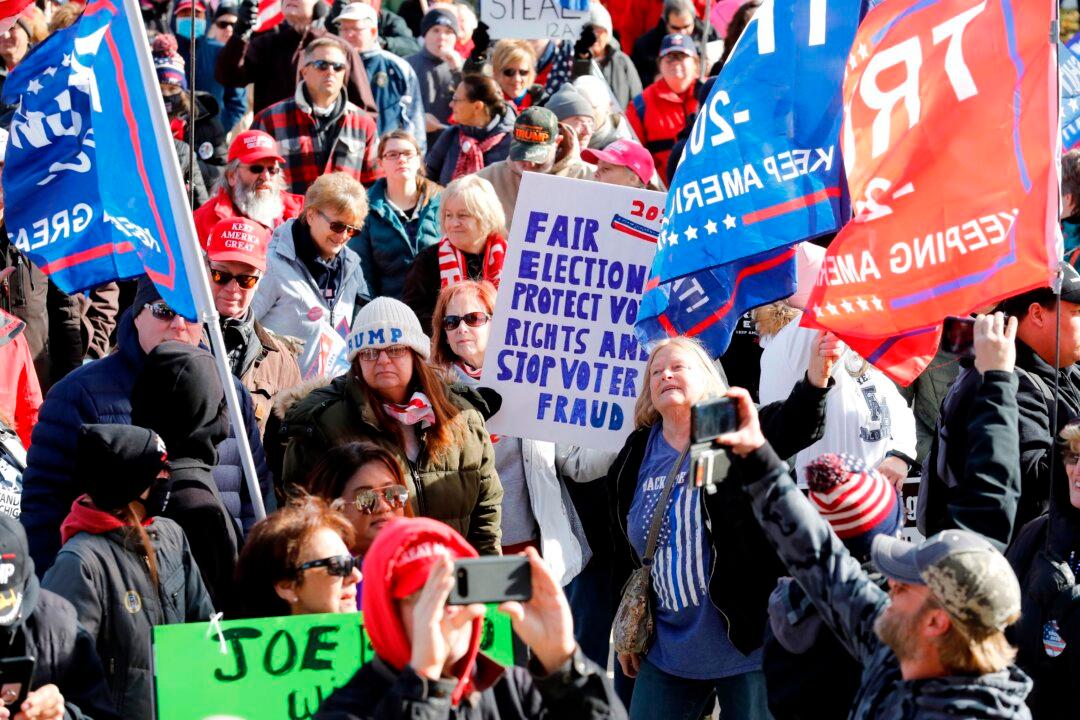News Analysis
Conservatives’ No. 1 concern is election integrity, the Conservative Political Action Conference (CPAC) demonstrated last week.


Conservatives’ No. 1 concern is election integrity, the Conservative Political Action Conference (CPAC) demonstrated last week.